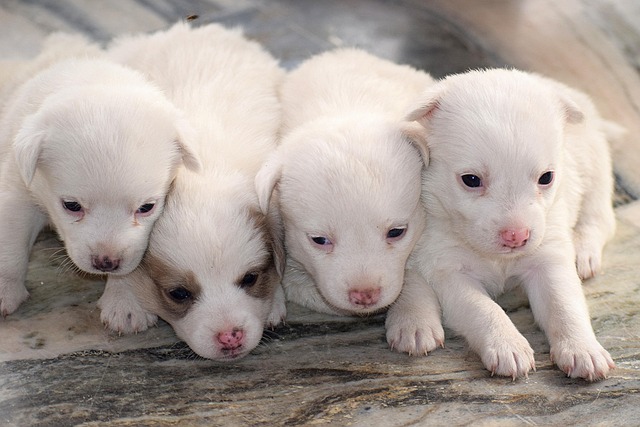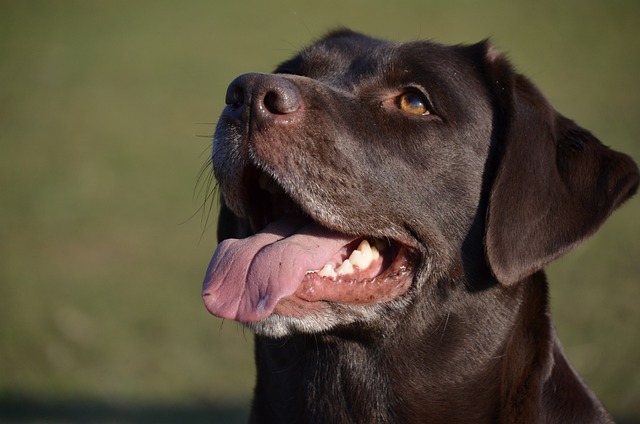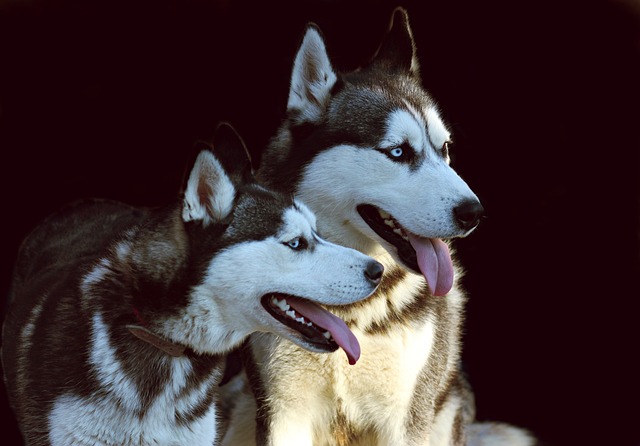In the warm daily life with dogs, the way they eagerly look at the food in our hands often makes us feel affectionate. Many times, we can't help but wonder if we should give them a bite. But please remember that grapes, this seemingly ordinary fruit, are a dangerous "time bomb" for dogs. Behind this cruel fact, what kind of scientific basis is there, and how much regret and reflection do dog owners bear?
Our dogs are like little angels in our lives, giving us the purest love and trust without reservation. They warmly welcome us home every day and accompany us through every ordinary or extraordinary day. Out of cherish for this companionship, we always want to give them the best. However, grapes, a delicacy highly favored on the human dining table, once accidentally eaten by dogs, may trigger a serious health crisis and plunge them into the abyss of pain.
Research shows that grapes and raisins contain one or more unknown toxins. Although the scientific community has not yet fully determined the specific components of this toxin, it has a powerful destructive effect on a dog's kidneys. When a dog eats grapes, the toxin will enter the kidneys with the blood circulation in a short time, seriously interfering with the normal metabolism and filtration function of the kidneys. The kidneys, as the "filters" of a dog's body, bear the important responsibility of removing waste products, excess water from the body, and maintaining the balance of electrolytes in the body. Once the kidney function is damaged, these key physiological processes cannot proceed normally, leading to the accumulation of toxins in the body and triggering a series of serious health problems.
After a dog accidentally eats grapes, it may show symptoms of poisoning within a few hours. Initially, it may be manifested as listlessness and loss of appetite. The originally lively little guy becomes listless and loses interest in toys and snacks. frequent vomiting and diarrhea follow one after another, which is an instinctive reaction of the dog's body to try to expel the toxins. As the condition deteriorates, the dog will have severe symptoms of dehydration, with the skin losing its elasticity, sunken eyes, and rapid breathing. If it does not receive timely and effective treatment, the kidney function will gradually fail, ultimately endangering its life.
It is worth noting that dogs of different breeds, ages, and weights have different degrees of tolerance to grape toxins. Small dogs, due to their small size and relatively weak body metabolism ability, are more vulnerable to the influence of grape toxins. Even a small amount of grapes may cause fatal harm to them. However, this does not mean that large dogs can be completely worry-free. Regardless of the size of the dog, once it accidentally eats grapes, it may face the risk of kidney damage. In addition, young dogs and old dogs have relatively weak physical functions and lower resistance to toxins, so the risk of poisoning is also higher.

In order to prevent dogs from accidentally eating grapes, we need to pay special attention in daily life. First of all, keep grapes and raisins out of the reach of dogs, such as in high cabinets or sealed containers. When outdoors, also always pay attention to the dog's behavior to prevent them from accidentally eating grapes under the grape trellis or near the trash can. At the same time, remind family members and friends to understand the common sense that dogs cannot eat grapes and avoid feeding grapes to dogs due to negligence.
Once it is found that a dog has accidentally eaten grapes, time is of the essence, and immediate action must be taken. First of all, observe the dog's symptoms and contact a veterinarian as soon as possible. On the way to the hospital, you can try to induce vomiting in the dog to reduce the absorption of toxins. However, inducing vomiting must be carried out under the guidance of a doctor, because improper vomiting may cause the dog to suffocate or damage the esophagus. After arriving at the hospital, the doctor will conduct blood tests, urine tests, etc. according to the dog's specific situation, evaluate the degree of kidney function damage, and take corresponding treatment measures, such as infusion, gastric lavage, drug treatment, etc.
Dogs are the most loyal companions in our lives, giving us endless joy and companionship. In the process of taking care of dogs, we should always be vigilant and know which foods are harmful to them, and avoid causing irreparable harm to them due to a moment of negligence. Let us use scientific feeding knowledge and full of love to create a safe and healthy living environment for dogs and accompany them through a long and wonderful life. Behind every healthy and happy dog is the careful care of the owner. This deep cross-species emotion is worthy of our lifetime protection.






